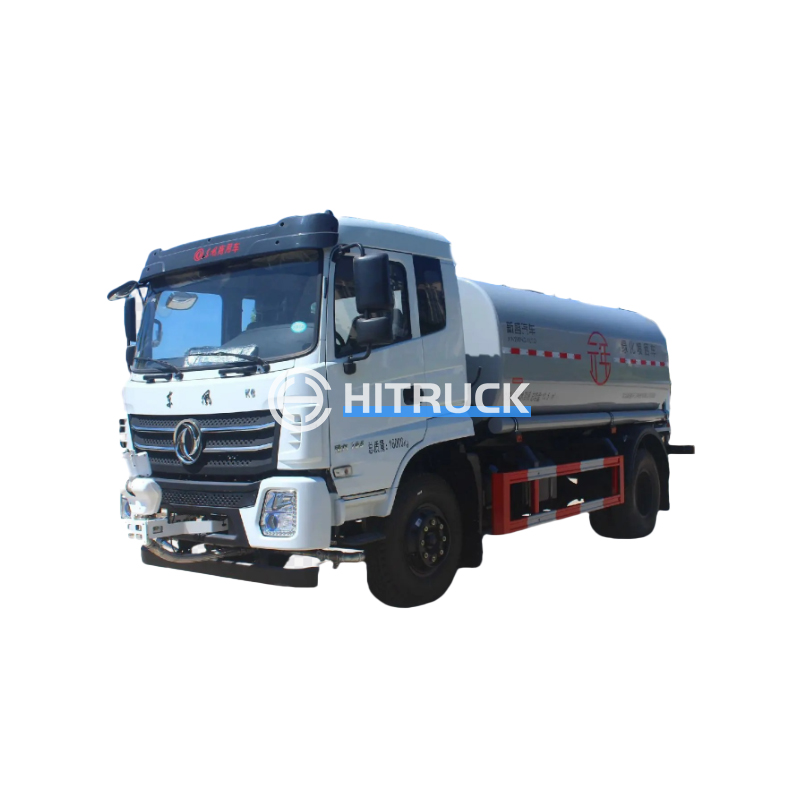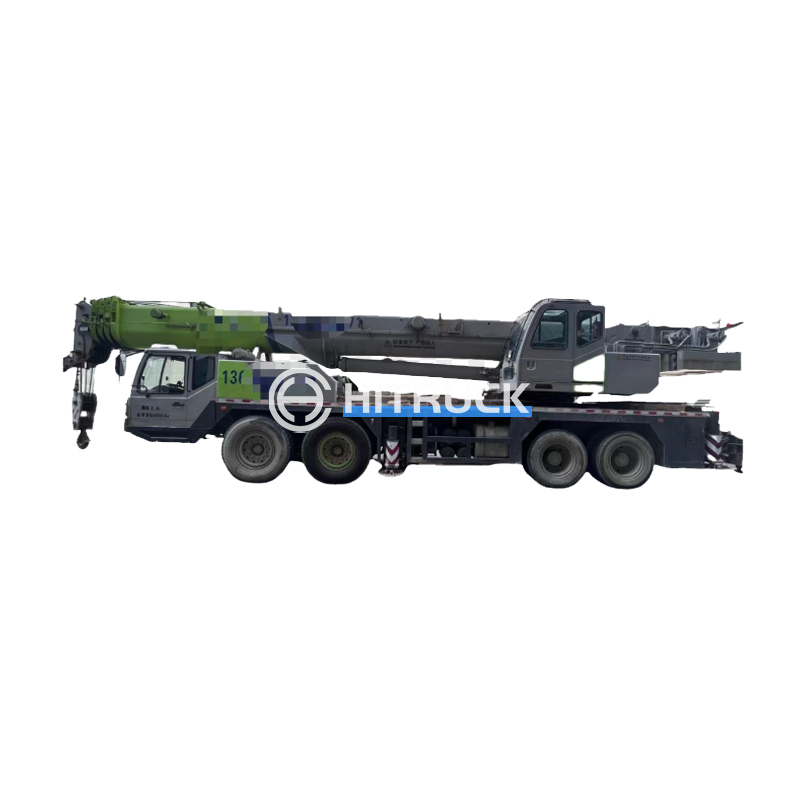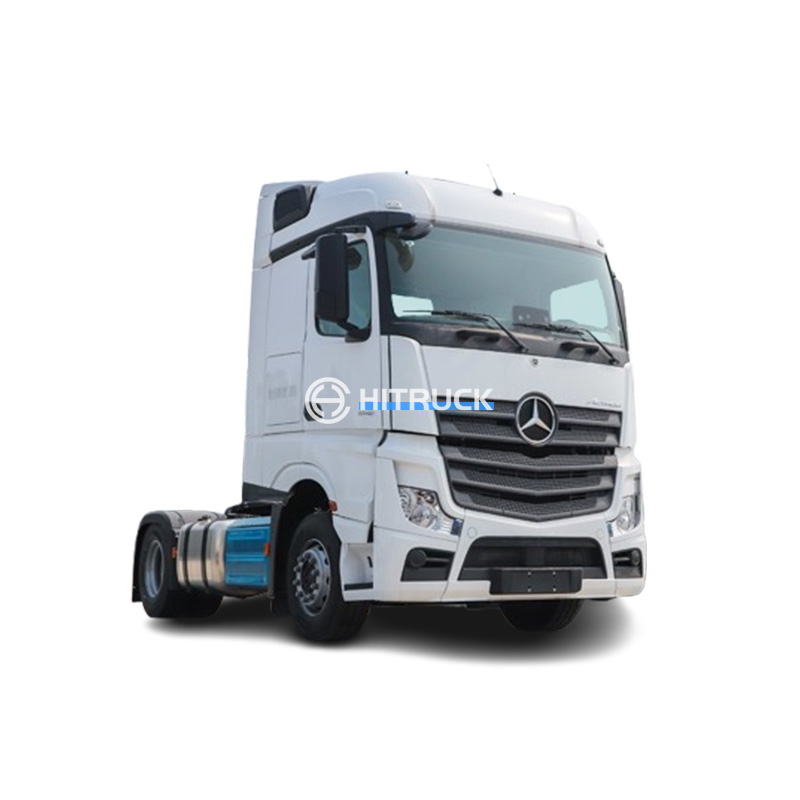This guide helps you understand the different types of potable water trucks, their applications, and factors to consider when choosing one. We'll cover capacity, features, maintenance, and regulations to ensure you find the perfect solution for your water transport needs.
These trucks are designed for general-purpose water transport. They typically range in capacity from a few thousand gallons to tens of thousands of gallons, depending on the size of the truck and the number of tanks. Features may include pumps for easy filling and dispensing, and sometimes filtration systems. Many municipalities and construction companies rely on these trucks for various projects.
For specialized applications, such as emergency response or disaster relief, you might find trucks equipped with additional features. These could include advanced filtration systems, larger pump capacities for faster delivery, and even onboard water treatment capabilities. Consider your specific needs to determine if a specialized truck is necessary.
The capacity of the potable water truck should directly correlate with your water transportation needs. Consider the volume of water you need to transport per trip and the frequency of transport. A larger truck might be more efficient for large-scale operations, while a smaller truck is sufficient for smaller tasks.
The efficiency of the pumping system is critical for timely delivery. Look for a truck with a powerful pump capable of delivering water quickly and efficiently. Consider the required flow rate and pressure for your application.
The quality of the water is paramount. Some potable water trucks are equipped with advanced filtration and treatment systems to ensure the water meets the required purity standards. If you have specific water quality requirements, check if the truck has the appropriate systems installed. Compliance with local and national regulations for potable water is essential.
Regular maintenance is crucial to prolong the life of your potable water truck. Ensure you have access to reliable maintenance services and consider the overall cost of ownership, including parts and labor.
Be sure the potable water truck meets all relevant safety and regulatory requirements. These regulations can vary by location, so always check local laws and guidelines before purchasing.
Selecting a reliable supplier is just as important as choosing the right potable water truck. Look for a supplier with a proven track record, excellent customer service, and readily available parts and service. For a wide selection of high-quality trucks, consider exploring options from reputable distributors like those found at Suizhou Haicang Automobile sales Co., LTD. They offer a variety of trucks to suit different needs and budgets.
The cost of a potable water truck will vary based on size, features, and brand. Factor in the initial purchase price, maintenance costs, fuel consumption, and potential repair expenses when budgeting. A comparative table can help in your decision making.
| Feature | Small Truck | Medium Truck | Large Truck |
|---|---|---|---|
| Initial Cost | Lower | Medium | Higher |
| Capacity | Lower | Medium | Higher |
| Maintenance | Lower | Medium | Higher |
Remember to consult with industry professionals and potential suppliers to get personalized advice and accurate cost estimates.
This information is for guidance only. Always consult with relevant authorities and professionals for specific requirements and regulations in your area.












